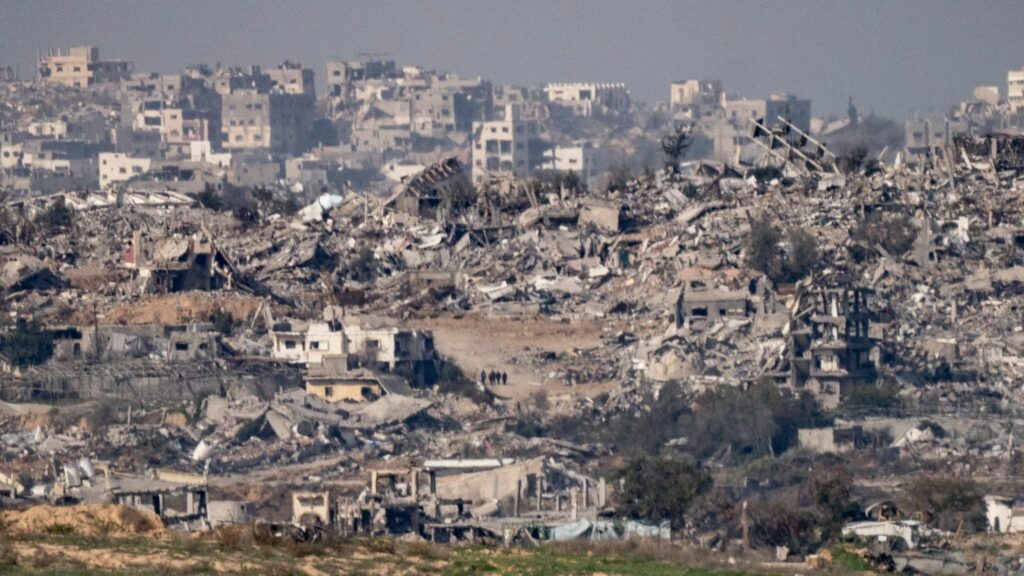
Introduction
The situation in Gaza has become increasingly dire, gaining worldwide attention as a humanitarian crisis unfolds. With escalating violence, limited access to essential resources, and a crippling blockade, the population of Gaza faces severe challenges. Understanding the implications of this crisis is crucial, not only for the people directly affected but also for the global community seeking solutions and supporting human rights.
The Current Situation
As of 2023, Gaza has faced heightened tensions following clashes between factions and increased military action. Over 2 million people live in this small coastal enclave, enduring blockade conditions since 2007. Recent reports from humanitarian organizations reveal that access to clean water, healthcare, and education has deteriorated significantly, with over 80% of the population reliant on humanitarian assistance.
According to the United Nations, the conflict has led to substantial casualties, with tens of thousands displaced from their homes. Furthermore, infrastructure damage from ongoing conflict has exacerbated living conditions, making it nearly impossible for those in need to access basic services.
International Response and Humanitarian Aid
The international community has made attempts to address the humanitarian disaster in Gaza, but efforts have been severely challenged by political complexities and ongoing violence. Various non-governmental organizations (NGOs) are working diligently to provide emergency assistance, including food, water, medical care, and psychological support. Despite these efforts, funding shortages and security concerns hinder the delivery and sustainability of aid.
In recent days, several governments, including Canada, have called for a ceasefire and urged both sides to recommit to peace talks. Human rights advocates emphasize the need for protection for civilians, highlighting that the health crisis in Gaza could have long-term repercussions, not only locally but also regionally.
Conclusion
The humanitarian crisis in Gaza epitomizes the need for urgent intervention and a collective global response. As we analyze the situation, it is essential to recognize the resilience of the Gazan people and the necessity for ongoing dialogue and support from the international community. The future of Gaza hinges on finding sustainable solutions that prioritize human rights, peace, and reconstruction efforts. It is imperative that readers remain informed and engaged with this humanitarian issue, as every small act of solidarity can contribute to a larger movement toward justice.



